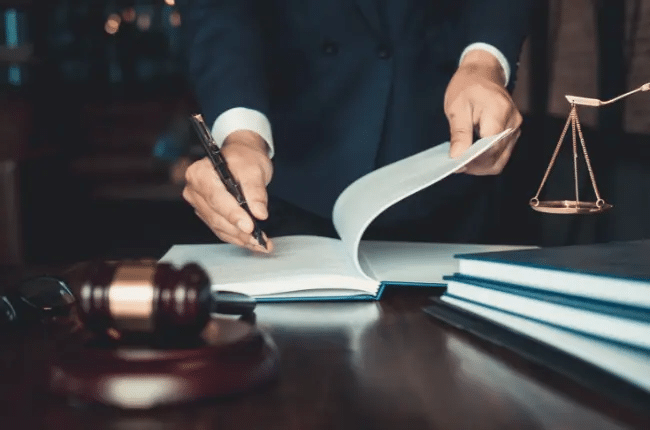Facing the necessity of eviction is undoubtedly one of the more challenging aspects of property management. As a landlord, understanding the legal considerations and following proper procedures is crucial to navigate this sensitive process. In this blog post, we’ll delve into the key legal aspects and procedures involved in dealing with eviction, providing a comprehensive guide for landlords, where tenant screening emerges as an essential step to prevent such situations by ensuring the selection of responsible and reliable tenants.
Understanding Legal Grounds for Eviction:
Eviction is a serious step that can only be taken under specific legal grounds. Familiarize yourself with the valid reasons for eviction, which often include non-payment of rent, violation of lease terms, property damage, and illegal activities on the premises. Each jurisdiction may have slightly different rules, so it’s imperative to know the local laws governing landlord-tenant relationships.
Ensure that you have clear documentation of the issues leading to eviction, such as late payment notices, lease violation warnings, or records of property damage. This documentation will be invaluable should the eviction process proceed to court.
Serve Proper Notices:
Before initiating the eviction process, landlords are typically required to serve formal notices to tenants. The type of notice depends on the reason for eviction and local regulations. Common notices include:
- Pay or Quit Notice: Given for non-payment of rent, allowing the tenant a specified period to pay the outstanding amount or vacate the premises.
- Cure or Quit Notice: Issued for lease violations, providing the tenant an opportunity to correct the violation within a specified timeframe.
- Unconditional Quit Notice: Usually given for severe violations or repeated breaches, demanding the tenant to vacate without the option to remedy the situation.
Strict adherence to the legal requirements for these notices is crucial. Failure to follow proper procedures may delay the eviction process or even result in legal repercussions for the landlord.
Legal Proceedings and Court Actions:
If the tenant does not comply with the eviction notice, legal proceedings may be necessary. This typically involves filing an eviction lawsuit in the local court. Landlords should be prepared to present their case with supporting documentation.
Once the court issues an eviction order, local law enforcement is usually responsible for carrying out the eviction. It’s essential to respect the legal timeline and avoid taking matters into your own hands, as “self-help” evictions are illegal in many jurisdictions and can lead to severe consequences for landlords.
Dealing with eviction is a challenging aspect of property management, but understanding the legal considerations and following proper procedures is essential for a smooth and lawful process. By being well-versed in the legal grounds for eviction, serving proper notices, and navigating legal proceedings cautiously, landlords can protect their interests and ensure a fair and lawful resolution to challenging situations. Additionally, incorporating tenant screening as a proactive measure can help landlords select responsible and reliable tenants, minimizing the likelihood of facing eviction issues in the first place. Remember, seeking legal advice or consulting with a professional property management service can provide additional guidance and support throughout the eviction process.




